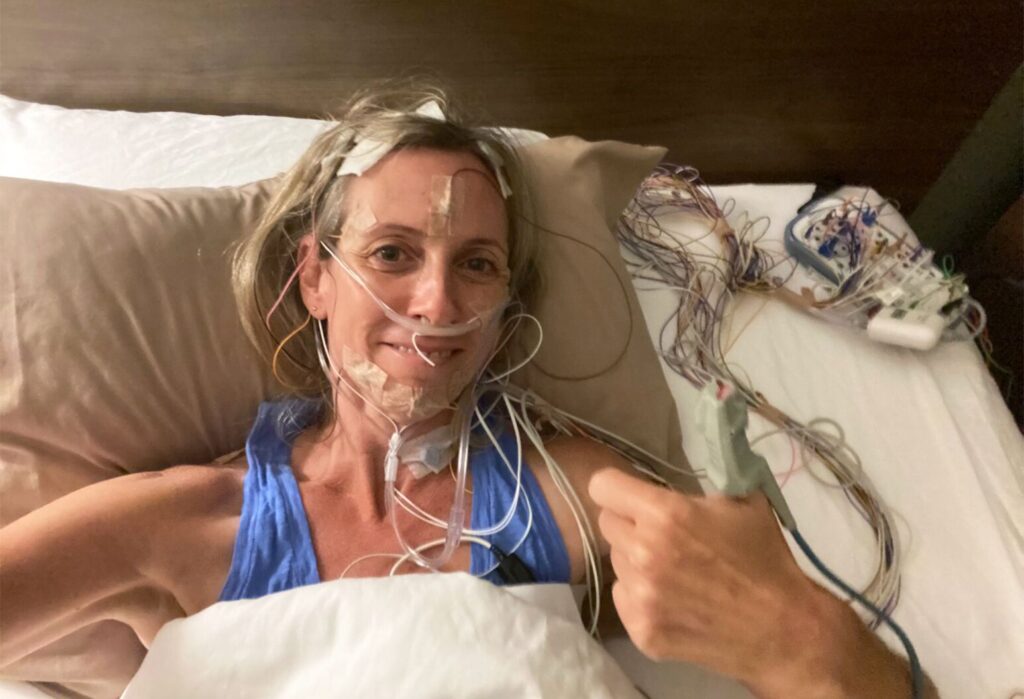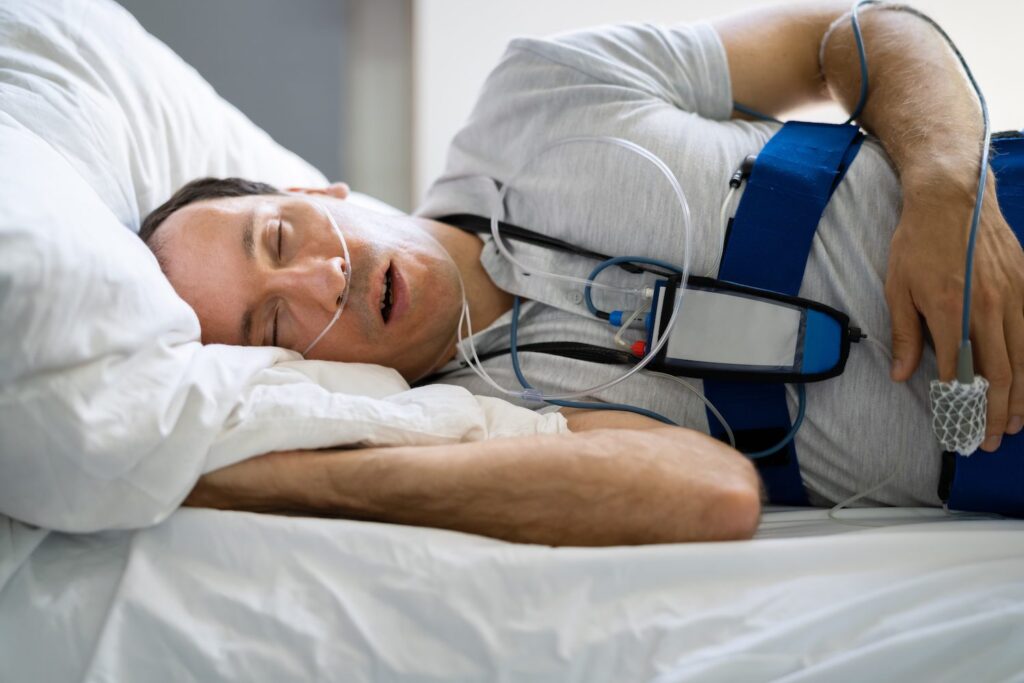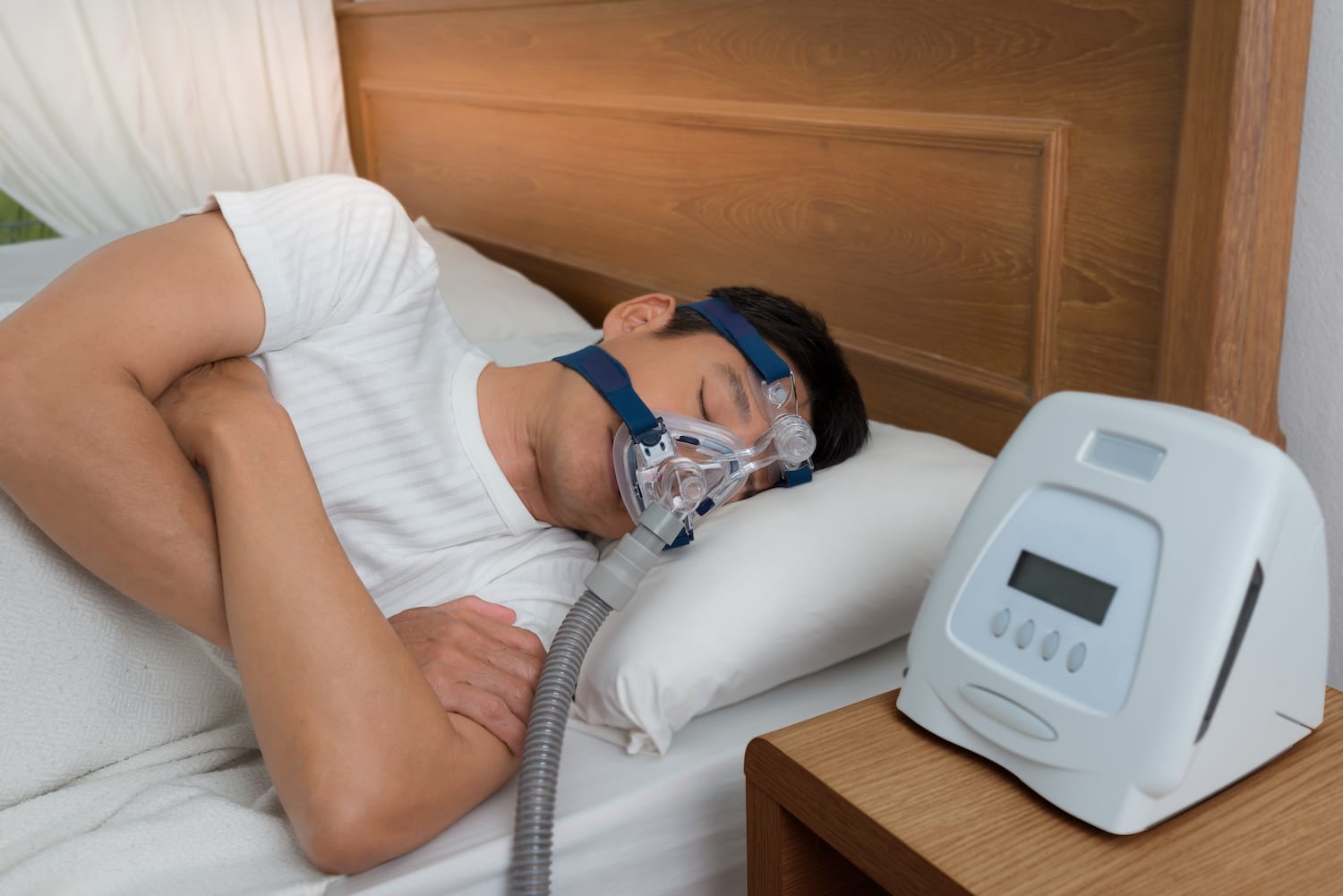Home sleep tests have revolutionized the diagnosis and monitoring of sleep disorders in Australia. These tests, performed in the comfort of your own home, offer convenience and accuracy. Understanding how home sleep tests work and their benefits can empower you to take control of your sleep health.
Understanding Home Sleep Tests
The Science Behind Home Sleep Tests
Home sleep tests are based on advanced sleep monitoring technology that allows you to gather valuable data about your sleep patterns. These tests typically include sensors that measure parameters such as breathing, oxygen levels, heart rate, and movement. By analyzing this data, healthcare professionals can evaluate the quality of your sleep and identify any potential sleep disorders.
In conclusion, home sleep test Australia offer a convenient and effective way to diagnose and monitor sleep disorders in Australia. The science behind these tests, their benefits, and the convenience they provide make them an attractive option for individuals seeking to improve their sleep health. However, it’s important to choose the right test and consult with healthcare professionals to ensure accurate interpretation and appropriate interventions. As technology continues to advance, the future of home sleep testing in Australia looks brighter than ever, promising improved accessibility and enhanced sleep healthcare for all.
Furthermore, the sensors used in home sleep tests are designed to be highly sensitive, capable of detecting even subtle changes in your body during sleep. This level of detail provides healthcare providers with comprehensive insights into your sleep quality, enabling them to make accurate diagnoses and tailor treatment plans to your specific needs.
Benefits of Home Sleep Testing
One of the main advantages of home sleep tests is convenience. Instead of spending the night at a sleep lab, you can undergo the test in the comfort of your own bed. This eliminates the need for travel and minimizes any disruptions to your sleep routine. Additionally, home sleep tests are generally more cost-effective compared to traditional lab-based tests.
Moreover, the data collected from home sleep tests over multiple nights can offer a more comprehensive view of your sleep patterns compared to a single night in a sleep lab. This extended monitoring period allows healthcare professionals to observe variations in your sleep quality, helping them make more informed decisions about your treatment options.
Home sleep tests are also non-invasive and user-friendly. The equipment used is lightweight and easy to use, allowing you to sleep naturally without feeling restricted. These tests provide a more accurate representation of your sleep patterns since you are in a familiar environment, where you are more likely to sleep normally.
In addition, the comfort and familiarity of your own bedroom can help reduce any anxiety or stress that may be associated with undergoing a sleep test in a clinical setting. This relaxed environment can lead to more natural sleep patterns, giving healthcare providers a true reflection of your nightly routine and aiding in the diagnosis of any potential sleep disorders.

The Convenience of Home Sleep Tests
Home sleep tests offer a convenient and comfortable way to assess your sleep quality without the need to spend a night in a sleep clinic. The process is simple and can provide valuable insights into your sleep patterns and potential disorders.
To find more about sleep test click here.
How Home Sleep Tests Work
Before starting a home sleep test, you will receive a kit containing the necessary equipment and instructions. This typically includes a wearable monitor and sensors that you attach to your body. Once you are ready for bed, you simply activate the monitor and sleep as you normally would.
One of the key advantages of home sleep tests is that you can sleep in your own bed, which can lead to more accurate results as it reflects your typical sleep environment. This can be especially beneficial for individuals who may have difficulty sleeping in unfamiliar surroundings.
The Process of Home Sleep Testing
Throughout the night, the home sleep test monitor gathers data about your sleep patterns. In the morning, you will return the equipment and the data will be analyzed by healthcare professionals. They will interpret the results and provide you with a comprehensive report, detailing any sleep disorders or abnormalities that have been detected.
By conducting a home sleep test, you can potentially identify issues such as sleep apnea, insomnia, or restless leg syndrome, among others. Early detection of these conditions can lead to timely interventions and improved overall health and well-being.
This report can then be used to guide further treatment, if necessary. It is important to consult with a sleep specialist who can help you interpret the results and recommend appropriate interventions.
Effectiveness of Home Sleep Tests
Accuracy of Home Sleep Tests
Home sleep tests have been shown to be highly accurate in diagnosing sleep disorders such as sleep apnea. Studies have compared the results of home sleep tests to those obtained in sleep labs and have found close agreement between the two. This indicates that home sleep tests can provide reliable information about your sleep health. Find more about reliable at https://www.stevenson.edu/online/about-us/news/how-to-identify-reliable-information/
Moreover, the convenience of conducting a home sleep test cannot be overlooked. Being able to undergo the test in the comfort of your own bed, rather than in a clinical setting, can lead to more accurate results. This familiar environment may better reflect your typical sleep patterns, contributing to a more comprehensive evaluation of your sleep quality.
Comparing Home Sleep Tests and Lab Sleep Tests
While home sleep tests are effective for diagnosing certain sleep disorders, it’s important to note that they may not be suitable for everyone. In some cases, a lab-based sleep test may be more appropriate, especially if you have underlying medical conditions or if your sleep disorder is more complex.
Furthermore, the cost-effectiveness of home sleep tests is a factor to consider. These tests are often more affordable than lab-based alternatives, making them a viable option for individuals looking to assess their sleep health without breaking the bank. However, it is essential to weigh the cost against the level of detail and monitoring provided by each type of test.
Ultimately, the choice between home sleep tests and lab sleep tests depends on individual circumstances. Consulting with a healthcare professional will help you determine which option is best for you.
Choosing the Right Home Sleep Test
Factors to Consider
When selecting a home sleep test, there are several factors to consider. These include the cost, convenience, ease of use, and the availability of support from healthcare professionals. It’s important to choose a test that meets your specific needs and preferences.
Cost is a significant factor to consider when choosing a home sleep test. Some tests may be covered by insurance, while others may require out-of-pocket expenses. It’s essential to understand the financial implications and explore all options available to you.
Available Home Sleep Test Options in Australia
In Australia, there are multiple home sleep test options available. These include devices that use nasal cannulas, finger probes, or chest belts to monitor sleep parameters. Each option has its own advantages and considerations, so it’s important to research and consult with healthcare professionals to determine the most suitable option for you.
Nasal cannulas are non-invasive devices that are placed in the nostrils to measure airflow and detect breathing abnormalities during sleep. Finger probes monitor oxygen levels in the blood, providing valuable information about potential sleep disorders such as sleep apnea. Chest belts track chest movements and respiratory effort, offering insights into breathing patterns throughout the night.
The Future of Home Sleep Testing in Australia
Technological Advancements in Home Sleep Tests
The field of home sleep testing is continuously evolving, with advancements in technology driving improvements in accuracy and user experience. Newer devices are becoming smaller, more comfortable to wear, and capable of capturing even more detailed sleep data. These technological advancements promise an even brighter future for home sleep tests.
One exciting development in home sleep testing technology is the integration of artificial intelligence (AI) algorithms. These algorithms can analyze sleep data in real-time, providing immediate feedback and insights to both the user and healthcare professionals. By leveraging AI, home sleep tests can not only diagnose sleep disorders but also offer personalized recommendations for improving sleep quality. For example, the AI algorithms can suggest specific lifestyle changes, sleep hygiene practices, or even recommend certain sleep aids based on the individual’s sleep patterns and preferences. Click here to learn more about development.

The Impact of Home Sleep Tests on Australian Healthcare
Home sleep tests have the potential to significantly impact Australian healthcare. By providing accessible and affordable sleep testing options, these tests can help reduce the burden on sleep clinics and improve the overall quality of sleep healthcare. As awareness and acceptance of home sleep tests continue to grow, more individuals will have the opportunity to address their sleep concerns and optimize their well-being.
Moreover, home sleep tests can play a crucial role in early detection and prevention of sleep disorders. By enabling individuals to monitor their sleep patterns regularly, these tests can identify subtle changes or abnormalities that may indicate the onset of a sleep disorder. Early detection allows for timely intervention and treatment, preventing the condition from worsening and reducing the potential long-term health consequences.
With ongoing research and development, we can expect even more exciting innovations in home sleep testing. From wearable devices that can track not only sleep but also other vital signs, to smart home integration that creates a sleep-friendly environment, the possibilities are endless. The future may bring us sleep tests that can detect and analyze specific sleep stages, providing a deeper understanding of sleep architecture and its impact on overall health. Additionally, advancements in telemedicine may allow for remote monitoring and consultation, making sleep healthcare even more accessible to individuals in remote areas.

